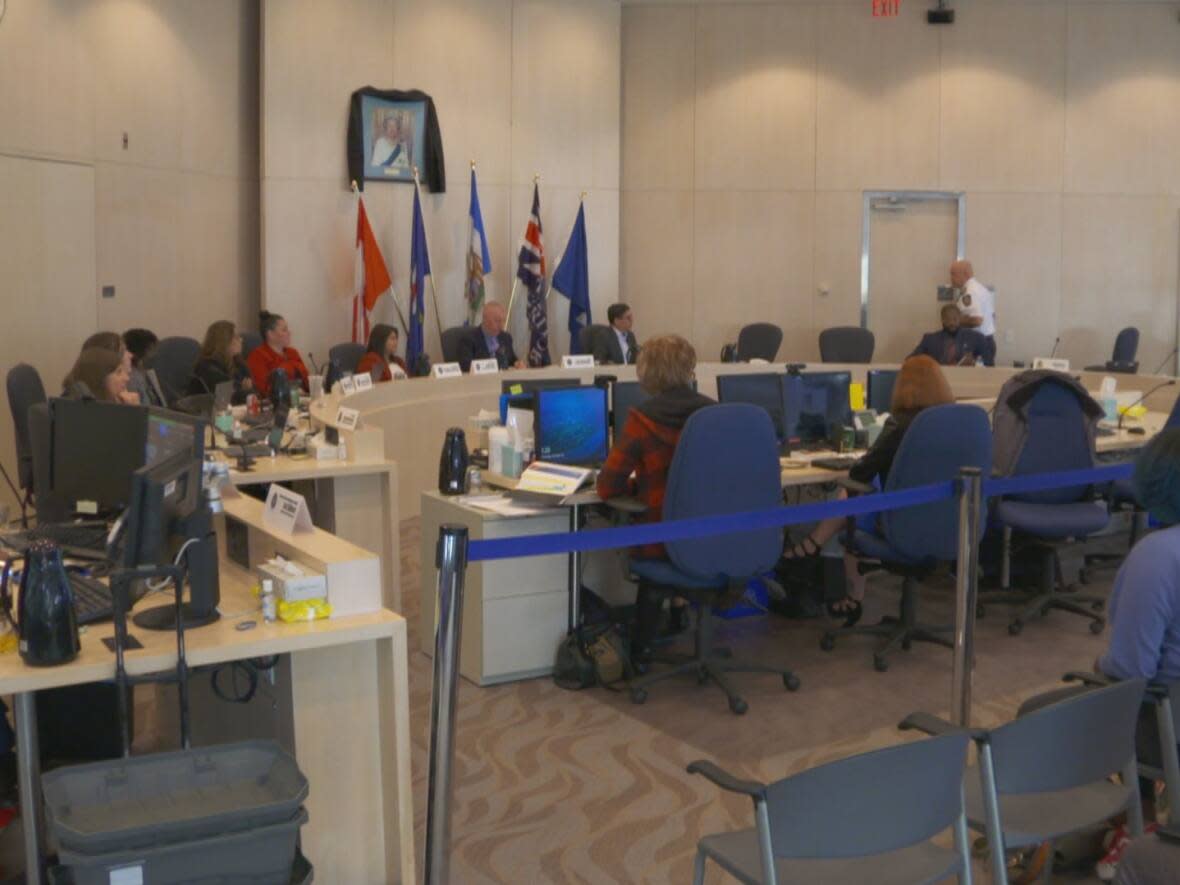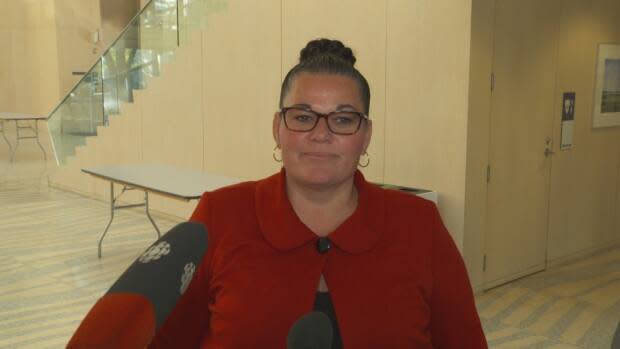Edmonton's police commission votes in support of adding race to driver's licences

Edmonton's police commission will ask the Alberta government to have race identified on driver's licences to better collect race-based data on police interactions with citizens.
In a 5-3 vote Thursday, commissioners supported writing a letter to the provincial government asking to have race identified on driver's licences.
Rebecca Kong, assistant director at the Canadian Centre for Justice and Community Safety Statistics — a division of Statistics Canada — made a presentation supporting the creation of race-based data standards for police interactions.
The organization is consulting with police services across Canada, including Edmonton Police Service on how to collect and use race-based data.
"There have been increasing demands for better desegregated data to shed light on people's diverse experiences. Segregated data can help identify and respond to issues of social inequities, discrimination, systemic racism within Canadian society," Kong said.
"Some concerns for the disparate treatment of Indigenous and racialized people within the Canadian criminal justice system revealed important gaps in information," she added.
Kong made six recommendations on behalf of Statistics Canada on how to start collecting race information during police interactions and how to make use of the data.
The methods for identifying race could include both self-identification and officer perception of the person in question.
Erick Ambtman was one of three commissioners who opposed the recommendation to add race to driver's licences.
"I was in South Africa for a year and they do this and it sort of creeps me out," he said. "So, I don't have a great logic other than it doesn't feel right."
Commissioner Jodi Calahoo Stonehouse voted in favour of the letter, calling it an opportunity to "leverage systemic change."
"As we collect data, we're able to better support and to provide services to citizens. If we see a pattern where we see there's vulnerabilities as decision makers that allows us to invest where we see that there is a need," Calahoo Stonehouse said following the meeting.

She said it would be similar to Treaty status cards, which Indigenous people already use to identify race.
"Treaty Indians have been carrying race-based cards their entire lives, so this is a step toward equity in Alberta," she said.
Kong outlined in her presentation how race would be identified. In the case of an Indigenous person they could identify as Inuit, Métis, First Nations or an unspecified Indigenous group.
For other groups, the options provide much more specific variety to maintain data consistency across Canada, Kong said.
According to the Statistics Canada website, the options would appear as follows:
South Asian (e.g., Indian, Pakistani, Sri Lankan)
Chinese
Black
Filipino
Arab
Latin American
Southeast Asian (e.g., Vietnamese, Cambodian, Laotian, Thai)
West Asian (e.g., Iranian, Afghan)
Korean
Japanese
None of the above — specify:
Unable to self-identify
Refusal to self-identify
Edmonton police Chief Dale McFee, who spoke in favour of race-based data collection, said it would allow police to more accurately describe people by allowing citizens to self-identify.

"I think it's important that we do it properly and we do it for the right reason, which basically helps reduce the number of marginalized people for us in the justice system," the chief said.
Calahoo Stonehouse questioned Kong and Statistics Canada over what she called a lack of Indigenous consultation on the presentation.
"I'm curious about consulting with Indigenous peoples, because we want to make sure that this is done in a way that upholds the integrity of the relationship with Indigenous people."
Both Ontario and B.C. police services are already collecting race-based data, and Edmonton's commission hopes to get the province's approval to do the same.


